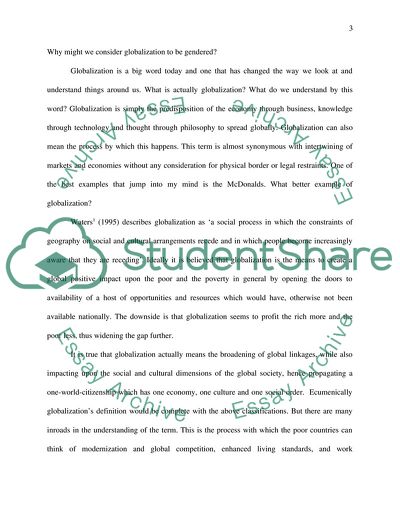Cite this document
(Why Might We Consider Globalization to be Gendered Term Paper, n.d.)
Why Might We Consider Globalization to be Gendered Term Paper. https://studentshare.org/gender-sexual-studies/1704100-globalisation
Why Might We Consider Globalization to be Gendered Term Paper. https://studentshare.org/gender-sexual-studies/1704100-globalisation
(Why Might We Consider Globalization to Be Gendered Term Paper)
Why Might We Consider Globalization to Be Gendered Term Paper. https://studentshare.org/gender-sexual-studies/1704100-globalisation.
Why Might We Consider Globalization to Be Gendered Term Paper. https://studentshare.org/gender-sexual-studies/1704100-globalisation.
“Why Might We Consider Globalization to Be Gendered Term Paper”. https://studentshare.org/gender-sexual-studies/1704100-globalisation.


